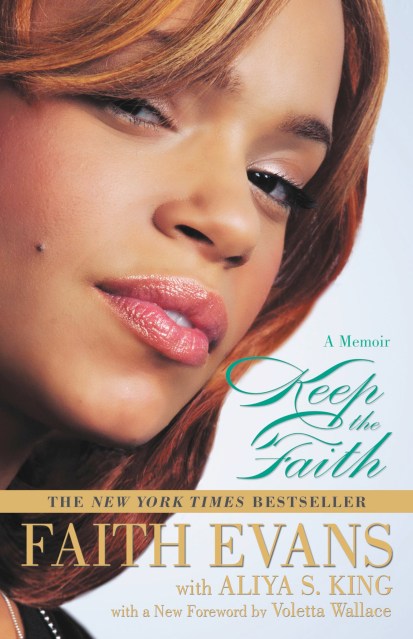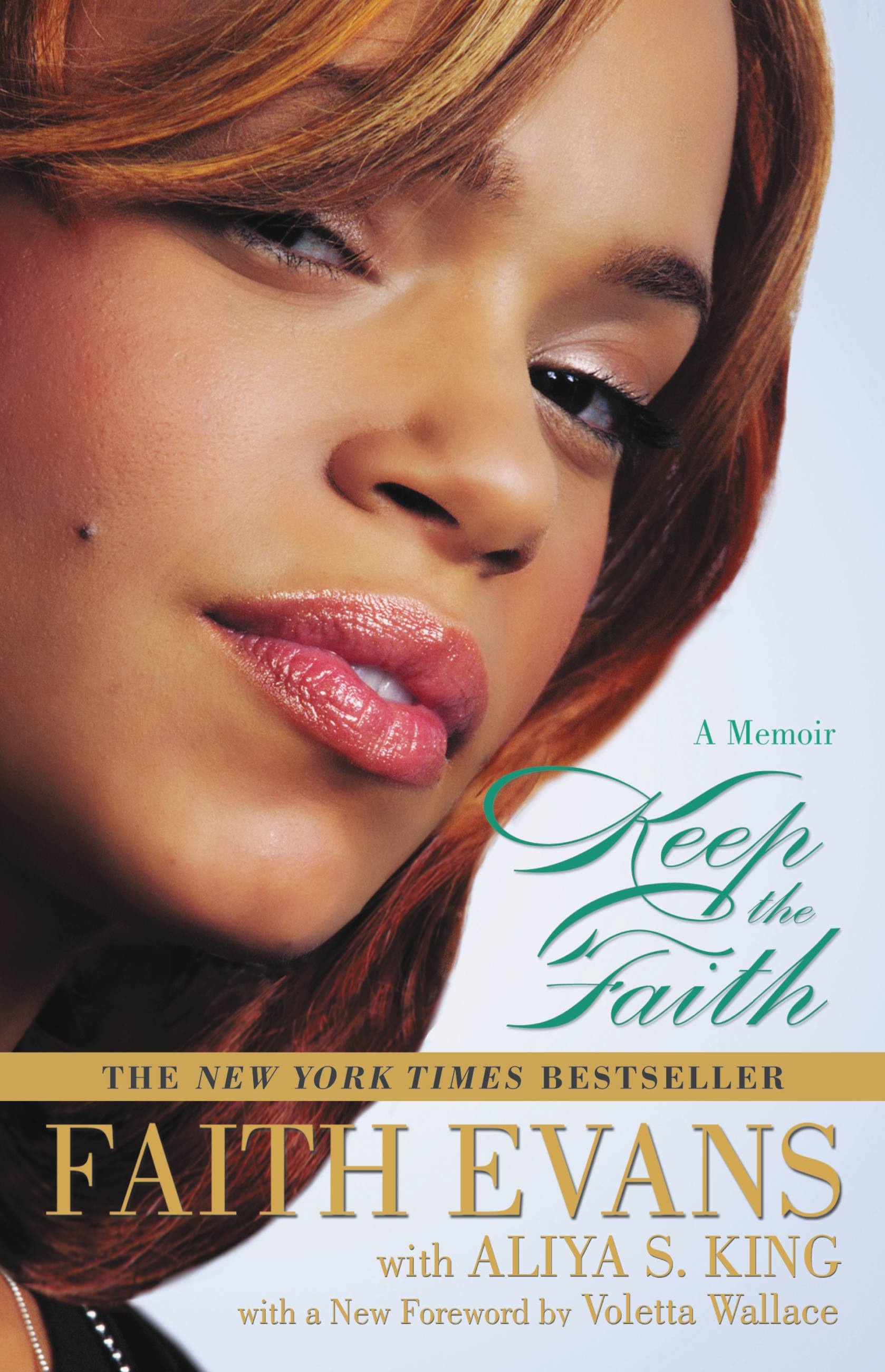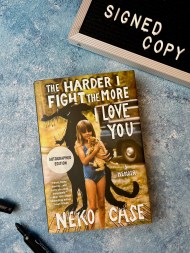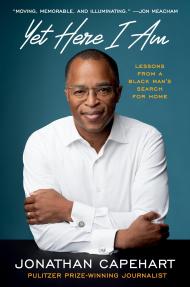By clicking “Accept,” you agree to the use of cookies and similar technologies on your device as set forth in our Cookie Policy and our Privacy Policy. Please note that certain cookies are essential for this website to function properly and do not require user consent to be deployed.
KEEP THE FAITH
A MEMOIR
Contributors
By Faith Evans
With Aliya S. King
Foreword by Voletta Wallace
Formats and Prices
- On Sale
- Aug 3, 2009
- Page Count
- 368 pages
- Publisher
- Grand Central Publishing
- ISBN-13
- 9780446199513
Price
$24.99Price
$31.99 CADFormat
Format:
- Trade Paperback $24.99 $31.99 CAD
- ebook $6.99 $8.99 CAD
This item is a preorder. Your payment method will be charged immediately, and the product is expected to ship on or around August 3, 2009. This date is subject to change due to shipping delays beyond our control.
Buy from Other Retailers:
“Forceful talent” (Essence Magazine) and R&B sensation Faith Evans gives us a first person account of life at ground zero of the most infamous part of hip-hop history.
But sometimes, I still find myself thinking about Big being rushed the hospital, and I break down in tears.
It’s not just because we hung up on each other during what would be our last telephone conversation. And it’s not because I am raising our son, a young man who has never known his father.
It’s partly all of those things. But mainly it’s because he wasn’t ready to go. His debut album was called Ready to Die. But in the end, he wasn’t. Big never got a chance to tell his story. It’s been left to others to tell it for him. In making the decision to tell my own story, it means that I’ve become one of those who can give insight to who Big really was. But I can only speak on what he meant to me.
Yet I also want people to understand that although he was a large part of my life, my story doesn’t actually begin or end with Big’s death. My journey has been complicated on many levels. And since I am always linked to Big, there are a lot of misconceptions about who I really am.
I hope that in reading my words, there is inspiration to be found. Perhaps you can duplicate my success or achieve where I have failed. Maybe you can skip over the mistakes I’ve made. Use my life as an example-of what to do and in some cases, what not to do.
It’s not easy putting your life out there for the masses. But I’ve decided I’ll tell my own story. For Big. For my children. And for myself.
Newsletter Signup
By clicking ‘Sign Up,’ I acknowledge that I have read and agree to Hachette Book Group’s Privacy Policy and Terms of Use






